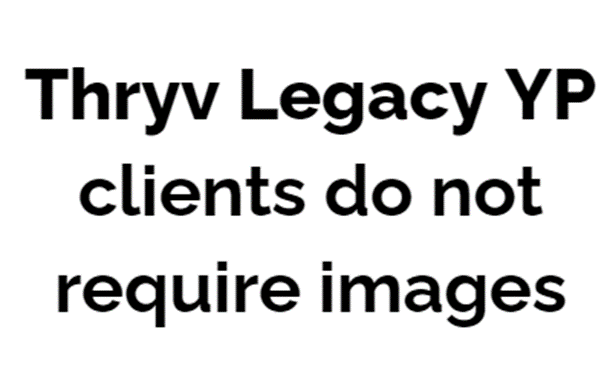Rent After You Retire | Montgomery Realtors

Retirement is one of the biggest life changes for many Americans. Its repercussions ripple across your finances, social life, mental health, and physical well-being. As you set your retirement plan in motion, should it include buying a home, keeping your current one, or renting something else?
While many retirees automatically think that they should live in a home they paid for during their post-career years, renting may be a better choice. Why? Discover a few great reasons to reconsider being a homeowner at this particular juncture.
1. You Can Easily Change
Because early retirement is a time of upheaval, you might not want to make large-scale commitments right now. And certainly, buying real estate is one of the biggest commitments. In order to rethink your plan and move again, you will have to prep the property for sale, list it and show it, wait on the market, deal with contingencies, and find a new house to buy at the same time.
When you rent, you just give your landlord the required notice and put down a new security deposit where you want to go next.
2. You Free Up Liquid Cash
How much of your overall net worth is tied up in your primary home? For many homeowners, that property represents a big chunk of money that's difficult to access. What might you be doing with that money rather than (literally) sitting on it? Could you do better by investing it? Do you need to draw down on it before you qualify for Social Security or Medicare? Do you simply need a bigger emergency savings fund?
Both continuing to be a homeowner and buying a different property create the same cash management problems for retirees. Only renting lets you actually use that home value for anything other than putting a roof over your head.
3. You Have Fewer Costs
There are advantages to both home ownership and being a renter, but one comes with many more surprising costs. Renters pay rent each month and some (but usually not all) of the utilities. The property owner deals with everything else. As a homeowner, you pay any mortgage, property taxes, insurance, utilities, HOA fees, maintenance, and major repairs.
These costs may not have been an issue for you during your working years, but could they stretch your new retirement budget? If you're adjusting to a fixed income, it's often best to be conservative until you're used to it and have the rest of your financial life well in hand.
4. You May Not Know What You Need
Many new retirees downsize their home to save money. Others move closer to friends or family. Still others move somewhere with a better climate or a more relaxed atmosphere. But are these the right choices permanently? What if you hate the downsized life? Maybe you decide not to live quite so close to your kids or you discover you really like life in a ski town more than a relaxing coastal getaway.
Take the time to explore what a good retirement looks like to you. It may not look like what you expected it to when dreaming or planning. And if your vision has changed, find out now and make adjustments before you've committed too much money, time, and energy on one single housing plan.
Where Should You Start?
If you haven't adequately considered renting as you approach retirement, learn about today's options in your area. Montgomery Realtors offers a wide range of rentals, including large and small apartment communities and single-family homes. Let us help you find out if this one choice could make you happier and your finances more stable as you start the next chapter in life.



